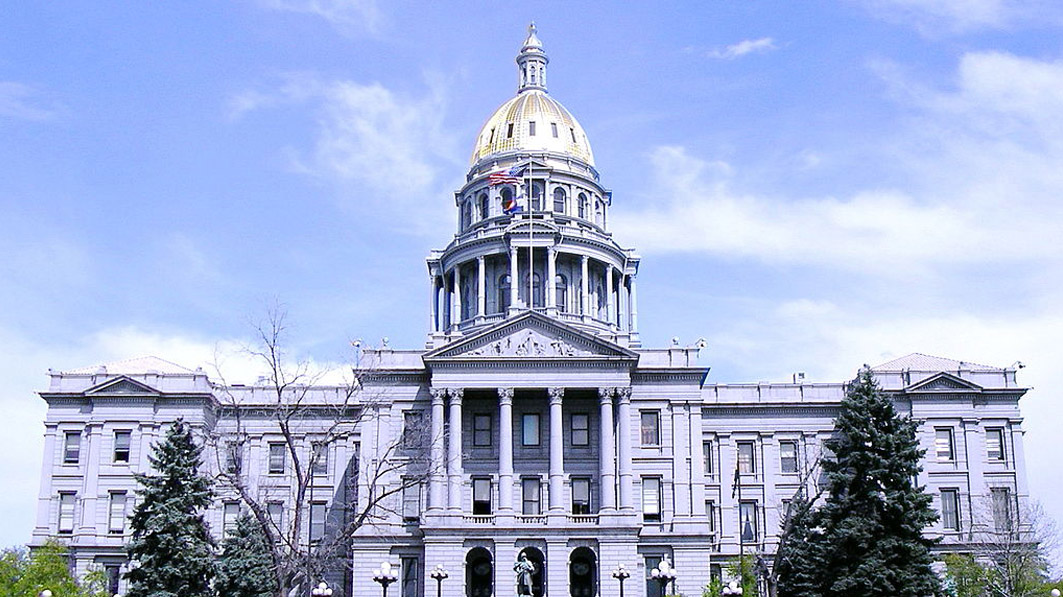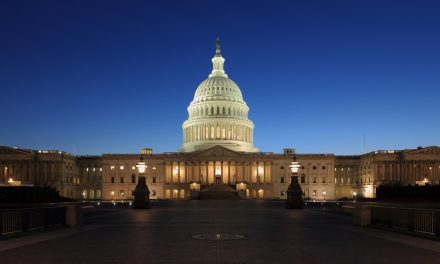The 2018 elections resulted in Democrats winning the trifecta in Colorado; they now control both houses of the legislature as well as the governor’s mansion. That victory was bound to manifest itself in a number of liberal hobby horses being trotted out as new legislation, and that’s exactly what’s happening. On day one of the 2019 legislative session, a http:bill was introduced to allow the state to join a growing effort by a number of Blue states to undermine the Electoral College and create, in essence, a popular vote for President.
As anyone familiar with our Constitution is aware, our government is not a true democracy, but rather a republic. The Founders were wary of direct democracy, and more concerned that individual state interests be represented in the national vote for President. Thus they created a method for choosing a President and Vice-President using “electors” (Article 2, Section 1, partially superseded by the 12th Amendment).
The bill allows Colorado to participate in the National Popular Vote interstate compact, which guarantees the Presidency to the candidate who receives the most popular votes in all 50 states and the District of Columbia. The compact would not take effect until passed by enough states which together possess a majority of the possible electoral votes – 270 of 538. The states in the compact agree to cast all their electoral votes for the winner of the national popular vote, no matter what the outcome at the state level is.
While there are arguments pro and con where the compact is concerned, the momentum for its passage – since its inception in 2006 – has come from liberal states responding to recent elections in 2000 and 2016 in which George W. Bush and Donald J. Trump were each elected via Electoral College majorities, while receiving less of the popular vote than their opponents. They are, however, notthe only Presidents elected in such a fashion. Thus far, 11 states have enacted bills to join the compact: Rhode Island, Vermont, Hawaii, Connecticut, Maryland, Massachusetts, Washington, New Jersey, Illinois, New York, and California. The District of Columbia has also adopted the measure. Those jurisdictions together represent 172 electoral votes. Colorado has 9 votes.
While the Constitution allows states to determine who its “electors” are, there are very real concerns whether the compact is constitutional. Also, Article 1, Section 10 prohibits states from entering into compacts with other states without the consent of Congress.
The latest attempt by Colorado to pass a bill to join the compact smacks of partisan politics from a party stung by two recent Electoral College defeats. The proper way to change the Constitution is to go through the amendment process (Article 5), not attempt an end-around. Colorado would be well-served to end this ill-designed attempt to undermine the Constitution.
More info: Destroying the Electoral College: The Anti-Federalist National Popular Vote Scheme.






